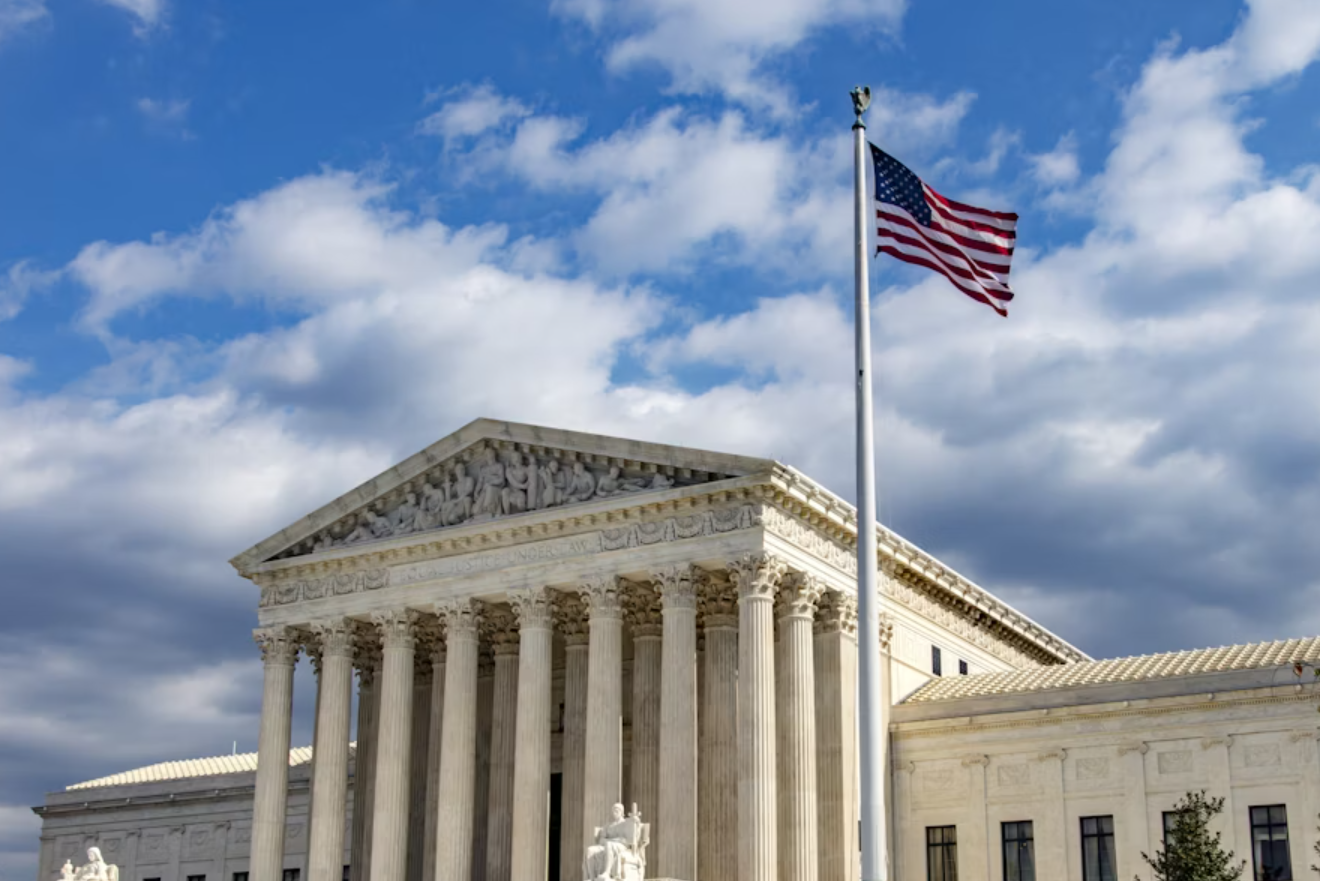SCOTUS overturns Chevron doctrine
 On Friday, June 28, 2024, the Supreme Court of the United States (SCOTUS) overturned Chevron deference doctrine in the case of Loper Bright Enterprises v. Raimondo. The Chevron doctrine, established in 1984, required courts to defer to federal agencies' interpretations of ambiguous statutes as long as those interpretations were reasonable. This deference allowed agencies like the Environmental protection Agency (EPA), the Food and Drug Administration (FDA), and the Bureau of Alcohol, Tobacco, Firearms and Explosives (ATF) to interpret and implement laws using their technical and scientific expertise.
On Friday, June 28, 2024, the Supreme Court of the United States (SCOTUS) overturned Chevron deference doctrine in the case of Loper Bright Enterprises v. Raimondo. The Chevron doctrine, established in 1984, required courts to defer to federal agencies' interpretations of ambiguous statutes as long as those interpretations were reasonable. This deference allowed agencies like the Environmental protection Agency (EPA), the Food and Drug Administration (FDA), and the Bureau of Alcohol, Tobacco, Firearms and Explosives (ATF) to interpret and implement laws using their technical and scientific expertise.
The overturning of Chevron is seen as a major shift in administrative law, as it removes the longstanding judicial deference to agency interpretations. Now, courts will have to exercise their own independent judgment when reviewing agency decisions, rather than deferring to the agencies' expertise. This change is expected to lead to increased litigation and potential challenges to many existing regulations, particularly those related to environmental protection, public health, and safety.
The decision has sparked significant debate. Proponents argue that it restores the proper balance of power among the branches of government and prevents agencies from overstepping their authority. Critics, however, warn that it could undermine the ability of federal agencies to effectively regulate complex and technical issues, leading to inconsistent and potentially less informed judicial rulings on regulatory matters.
The impact of this decision will be widespread, affecting not only environmental regulations but also areas like drug approval processes, gun regulations, and financial oversight. Agencies will need to adapt their regulatory strategies, and stakeholders should be prepared for a more uncertain regulatory environment.
However, in the court majority’s written opinion, Chief Justice Roberts stated the 17,000 lower court decisions and 70 Supreme Court rulings that have cited the Chevron doctrine will stand. Those regulations should remain in place. For matters where courts have not ruled, and future rulemakings, regulations based on agencies’ readings of ambiguous laws could be challenged in court.
For more information: https://www.scotusblog.com/2024/06/supreme-court-strikes-down-chevron-curtailing-power-of-federal-agencies
